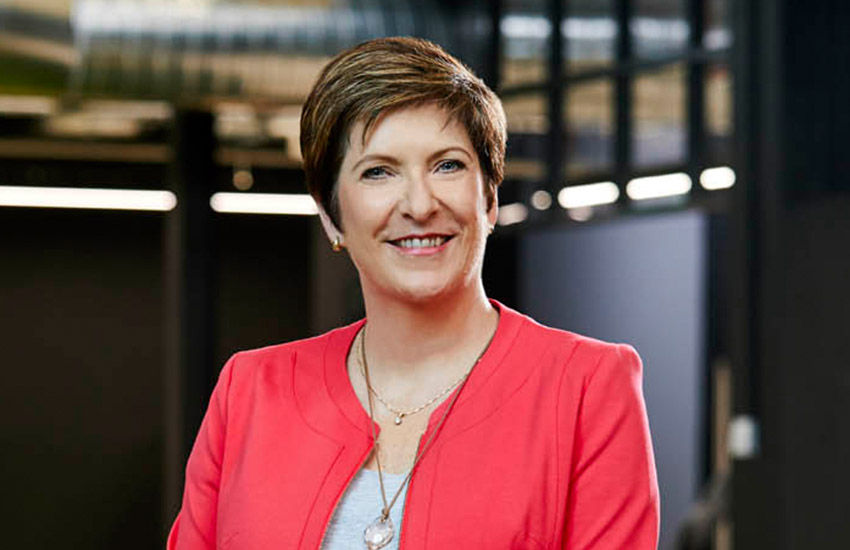Small businesses expect change of government
BusinessBut many are pessimistic about how positive that will be for business.

Seven out of 10 small businesses expect the election to bring a change of government although one-third believe the outcome will have no impact, according to a survey by MYOB.
It also reveals a mixed picture when it comes to optimism about the economy, with 41 per cent of SMEs expecting it to improve in the next 12 months, down from 53 per cent in December. At the same time, those predicting decline has rise from 27 per cent to 37 per cent.
The latest MYOB Business Monitor underlined the key factors for SMEs in the election and their power as a voting group, said chief employee experience officer Helen Lea.
“It’s a strong view that there’s likely to be a change in government. We know that a party’s business policies actually factor quite strongly for small businesses in how they vote.”
She said the figures for optimism and pessimism on the economy came down to the high level of general uncertainty on a number of issues including supply chains, inflation and wage rises.
“These numbers reflect an ambiguity about what the future holds and high level of uncertainty that this community feels,” she said. “Businesses have a degree of discomfort about making major investments until they can predict where it’s going to go.
“With rising inflation, a lingering global supply chain crisis, workforce disruptions due to COVID-19, and a challenging geopolitical environment this period of uncertainty looks set to continue.”
She said that while 71 per cent of SMEs think there will be a change of government, just 28 per cent believe the impact will be positive. On the other hand, 25 per cent expect a negative outcome and 34 per cent predict it will make no difference.
On issues front-of-mind to small businesses, the findings show two-thirds say reducing compliance costs is critical while almost half, 48 per cent, would vote for a government that provides more support for digital uptake.
The recent budget included a 120 per cent deduction for digital adoption which subsequently drew bipartisan support, and 29 per cent of SMEs said tax incentives would help them get started.
But Ms Lea said the short window between the budget and election meant awareness of the incentive might be limited and details were still needed about how it would apply.
“They may not have joined all the dots on this measure yet, although they certainly see this incentive as positive for them.”
Wider digital uptake would return as much as $10.5 billion to the economy according to MYOB modelling, Ms Lea said.
“We know that once digital adoption gathers speed, the impacts are immediate and significant.”
Among SMEs which had already gone digital, the most popular applications were tax and BAS lodgment and payments (51 per cent of businesses), cashflow, invoicing and online payments platforms (40 per cent), compliance (38 per cent), and productivity, project and inventory management (29 per cent).
Ms Lea said attitudes to digitisation revealed a split among SMEs, with 43 per cent saying digital tools had helped their business be more productive but 23 per cent saying it remained too expensive.
Remarkably, almost one in three still has no online presence.
Another stand-out issue was compliance costs, which were nominated by 66 per cent as most important.
“SMEs want to see a reduction in the compliance costs of running a business and a strong economy in which to operate,” she said.
“Post-election, SMEs would like a simplified GST/BAS reporting process and a proportion of government procurement contracts allocated to smaller businesses.”
The MYOB Business Monitor surveyed a national sample of 1,000 business owners, managers and directors from 22 March to 21 April 2022. Data has been weighted by industry type, location and number of employees.




